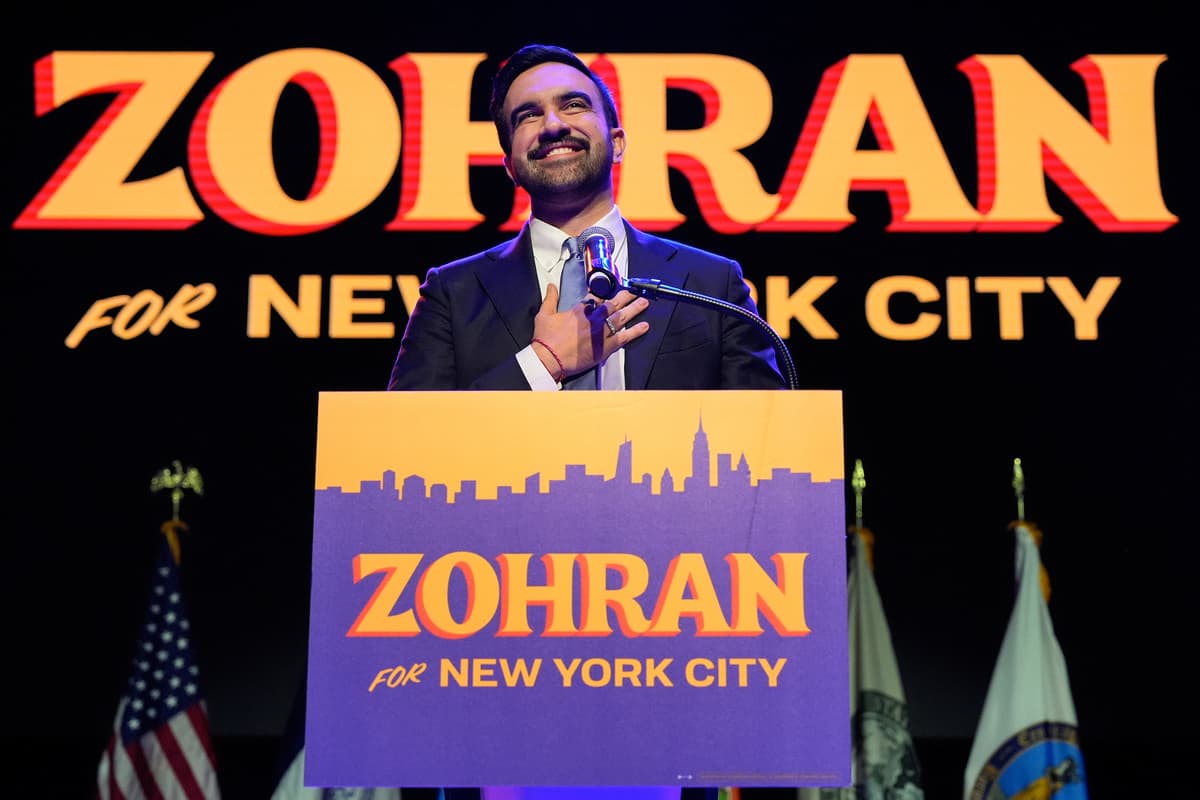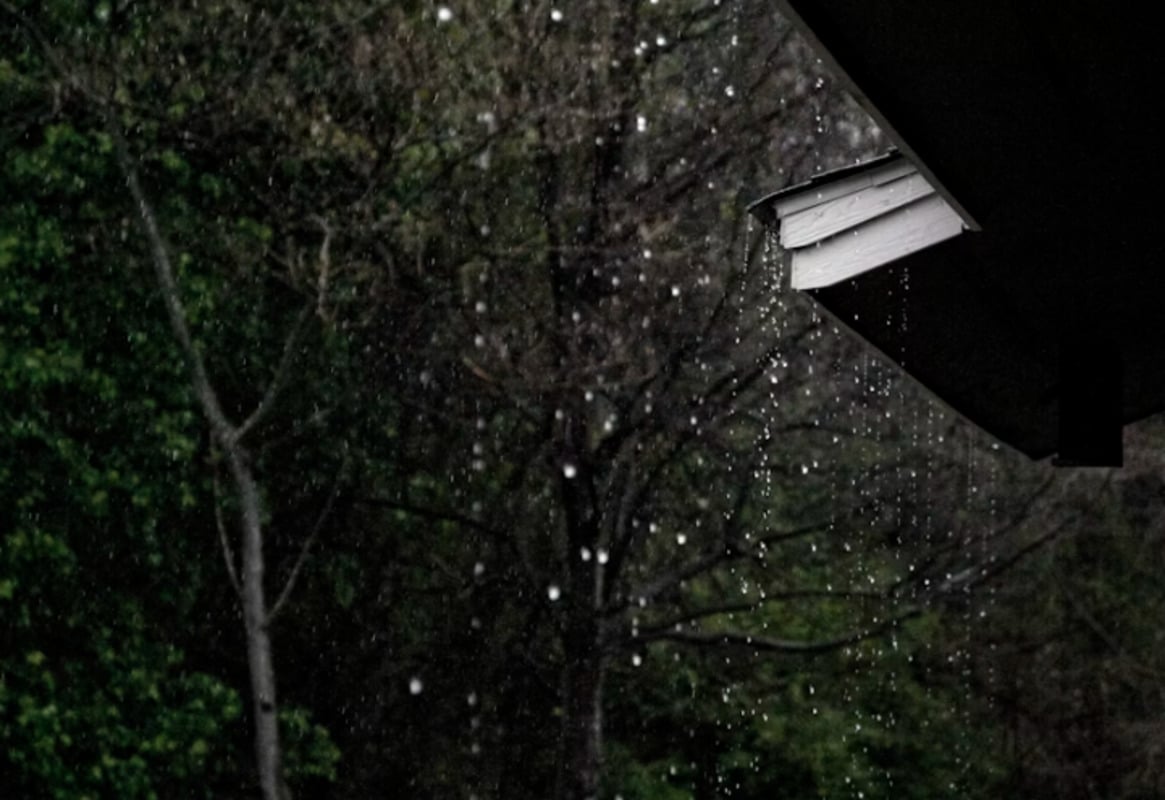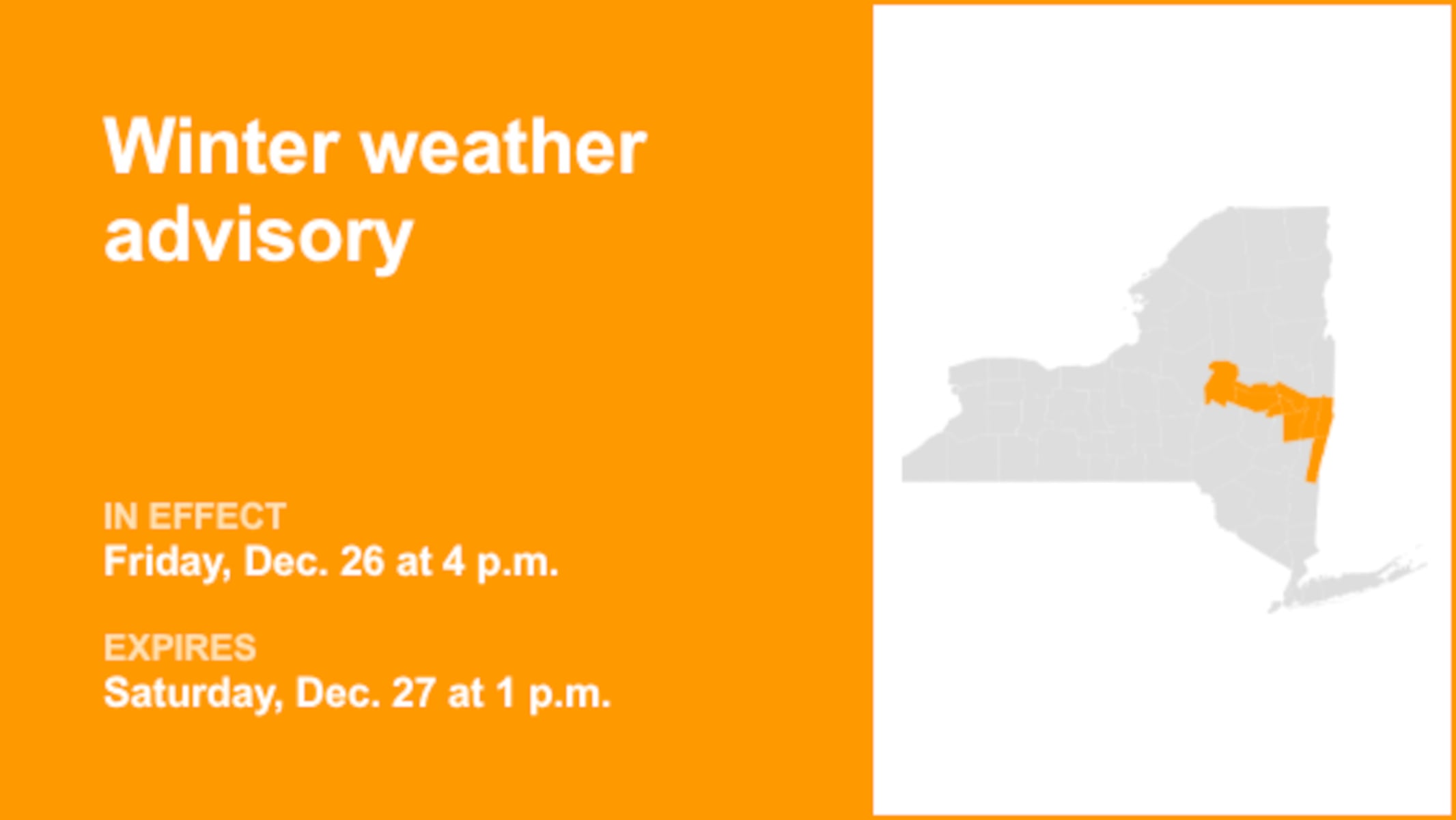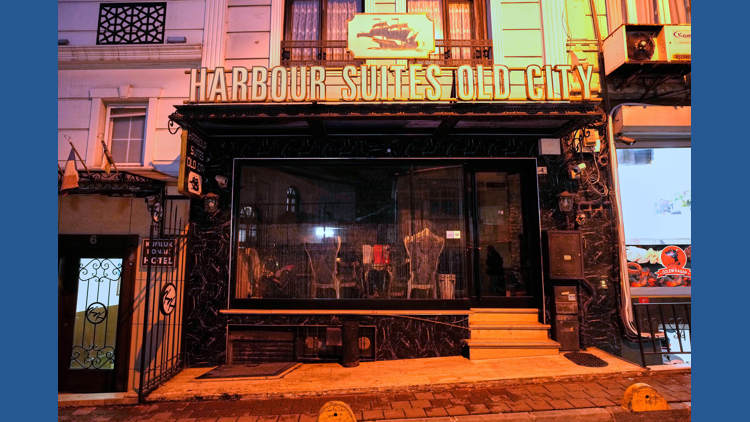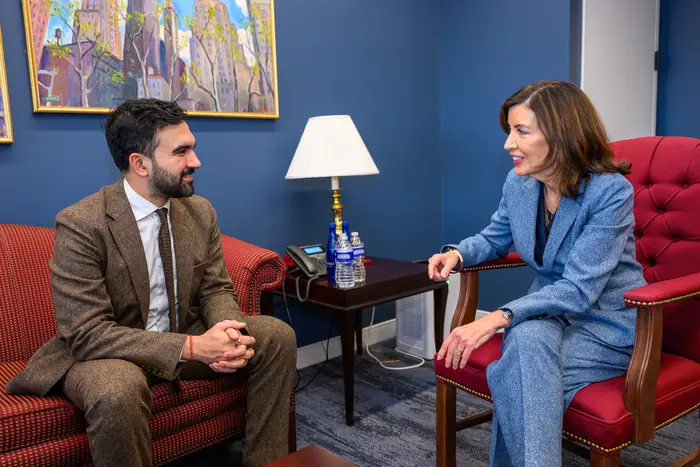UPDATE: Tensions soared this week as New York City mayor-elect Zohran Mamdani faced backlash for his response to an anti-Israel protest outside the Park East Synagogue. Amid chants of “Death to the IDF,” Mamdani issued a muted statement through his press secretary, Dora Pekec, expressing that he “has discouraged the language used” at the protest and “will continue to do so.”
The protest, organized by the Palestinian Assembly for Liberation, targeted a gathering by Nefesh B’Nefesh, a group that assists North Americans in relocating to Israel. Mamdani’s comments have raised eyebrows, particularly as he prepares to take an oath to uphold the U.S. Constitution, the New York State Constitution, and the New York City Charter.
Mamdani’s focus on “international law” seems to overshadow his commitment to local governance. He previously stated his intent to order the New York Police Department to arrest Israeli Prime Minister Benjamin Netanyahu if he visits the city, citing an arrest warrant from the International Criminal Court (ICC). He elaborated that “being a city of international law means looking to uphold international law,” which he claims includes warrants against leaders like Netanyahu and Vladimir Putin.
However, the United States is not a signatory to the Rome Statute, the treaty establishing the ICC, raising questions about Mamdani’s interpretation of “international law” and its applicability to American citizens. Critics argue that his stance appears to target Israel rather than uphold global legal standards.
While Mamdani has remained silent on the programming of other houses of worship, he was seen at a mosque with Siraj Wahhaj, linked to the 1993 World Trade Center bombing, stirring further controversy. His rhetoric regarding international law is viewed by some as an affront to both Jewish communities and American sovereignty.
Mamdani’s comments come in stark contrast to the broader context of international relations. As world leaders, including Mao Ning of Communist China, invoke international law for political gain, Mamdani’s selective adherence raises concerns about his leadership approach.
As protests and tensions escalate, New Yorkers are left questioning Mamdani’s commitment to fostering an inclusive environment for all faiths. His actions and statements will undoubtedly be scrutinized as he steps into his new role, and residents are urged to stay informed about developments that could impact community relations and local governance.
What happens next? Watch for Mamdani’s upcoming engagements and public statements as he navigates this volatile political landscape. His approach will likely influence his administration’s stance on critical issues affecting New York City’s diverse communities.
Stay tuned for updates on this developing story.

